Collection
Date
Location
Type
340 results
Remembering 1807
In 1807 Britain legally abolished the slave trade, although it continued to participate in and profit from the institution of slavery. In 2007 the British government committed public funds to mark the bicentenary of the Slave Trade Act. The Remembering 1807 project has collected and archived material relating to the many events and activities that took place during 2007. These records help us to locate and understand the place of slavery, the slave trade and its abolition in the UK’s public history, commemorative traditions and popular memory. Background to the collection...
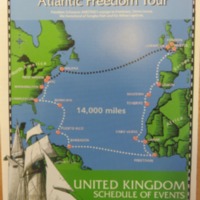
Amistad America's Atlantic Freedom Tour
A replica of the nineteenth-century slave ship Amistad visited Liverpool, Bristol and London as part of the Atlantic Freedom Tour in 2007-2008. The ship set sail from its home port of New Haven, Connecticut, on a 16-month 14,000 mile transatlantic voyage to retrace the slave industry triangle. The…
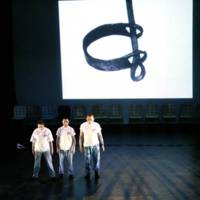
Remembering Slavery Freedom Performance
Remembering Slavery 2007 involved museums, galleries and other cultural organisations across the North East of England in a programme of exhibitions, events, performances, lectures and activities to explore the themes of slavery and abolition, and identify connections with the region.
The Freedom…
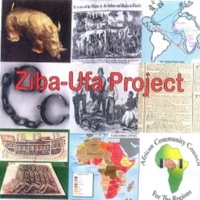
Ziba-Ufa
The phrase 'Ziba-Ufa' is Kiswahili for 'Closing the Gap'. Led by ACCR - the African Community Council for the Regions - this project aimed to close the gap between past and present by undertaking research from an African perspective. Blind Memory was a multimedia exhibition of images of Africa,…
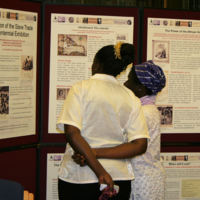
Abolition of the Slave Trade Bicentennial Exhibition
This exhibition held by the Cadbury Research Library: Special Collections at the University of Birmingham included material from the archives of the Church Missionary Society held there, and some of its rare book collections. The accompanying information boards are featured here. The exhibition…
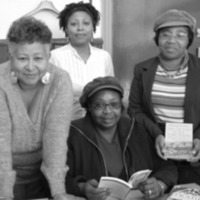
Interwoven Freedom
SCAWDI are a Birmingham-based community group specialising in working with local volunteers to research the early presence of Black people in the West Midlands. In collaboration with English Heritage, ‘Interwoven Freedom’ enabled a group of local women to visit archives, exhibitions and historic…
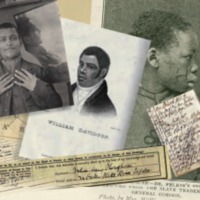
History Detectives: Black People in the West Midlands 1650-1918
SCAWDI are a Birmingham based community group specialising in working with local volunteers to research the early presence of Black people in the West Midlands and learn more about their local history. Different projects sought to explore this heritage. ‘In the beginning …’ looked at enslaved…
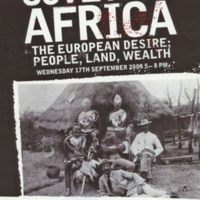
Coveting Africa. The European Desire: People, Land, Wealth
Bishop’s Stortford was the birthplace of the Victorian financier and imperialist Cecil Rhodes. To commemorate the bicentenary of the Abolition Act, Bishop's Stortford Museum and Rhodes Art Complex explored Britain’s imperial ambitions in the ‘Coveting Africa’ exhibition. The museum holds…
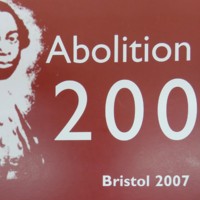
Abolition 200
Bristol was major trading port for the transatlantic slave trade in the 18th century. The city of Bristol marked the bicentenary of the Abolition Act with more than 100 events across the city - exhibitions, plays, debates, talks, concerts - under the umbrella organisation Abolition 200. In January…
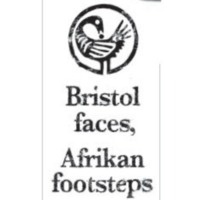
The Adisa Project: Bristol faces, Afrikan footsteps
The Adisa project gave a group of 20 young people of African and African Caribbean heritage the chance to investigate their roots both in Bristol and Africa. The group researched the history and legacies of Bristol's involvement in the trade in enslaved Africans, and its impact on one African…
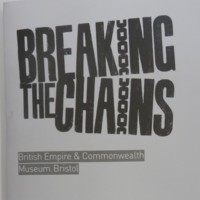
Breaking the Chains
Breaking the Chains opened at the British Empire and Commonwealth Museum to coincide with the bicentenary, and told the story of the British transatlantic slave trade and its abolition. Developed in partnership with Bristol City Council's Museums, Galleries and Archives' Service, the exhibition used…
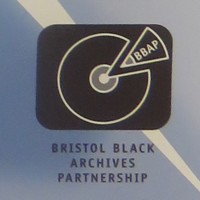
Bristol Black Archives Partnership
The Bristol Black Archives Partnership (BBAP) was set up to collect, protect and make available the heritage of Bristol's local black history. The partnership involved communities, heritage organisations and academic organisations coming together to collect and make accessible the archives - films,…
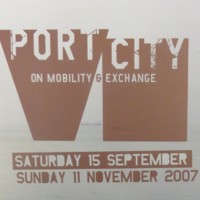
Port City: On Exchange and Mobility
Port City was a large-scale exhibition featuring over 40 international artists and addressing issues of migration, trade and contemporary slavery. Set in the arts centre and gallery Arnolfini, it was accompanied by a programme of art, music, film, literature and educational activities. Coinciding…
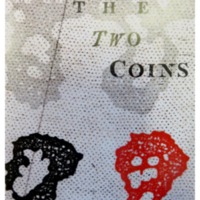
The Two Coins
A bronze statue of the slave trader Edward Colston was erected as a memorial in Bristol city centre in 1895. The monument and the memories it evokes of Colston's trading in enslaved Africans is frequently used as a point of reference for Bristol's contribution to the transatlantic slave trade. The…
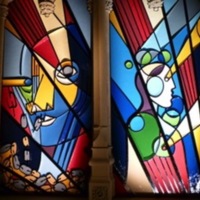
Reconciliation Reredos
The Reconciliation Reredos project to develop a major public artwork was the response by Saint Stephen’s Church in Bristol city centre to a complex historical legacy. St Stephen's was the harbour church which benefitted from merchant’s donations, which effectively ‘blessed’ slave trade ships…

COSTA
COSTA stood for 'Commemoration of Slave Trade Abolition' and was a project of Sul'Art, a community art organisation in Bristol. Sul'Art delivered a programme of music, drama, art and dance to a number of schools and community groups to explore meanings of the bicentenary, working around themes such…
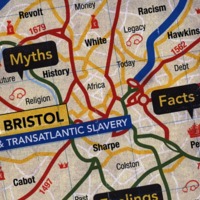
Myths, Facts, Feelings: Bristol and Transatlantic Slavery
The project to produce the booklet Myths, Facts and Feelings: Bristol and Transatlantic Slavery began in 2007. The Bristol Race Forum aimed to tackle some of the sensitivities, misunderstandings and popular opinions about the subject, and particularly in the Bristol area. The book's development went…
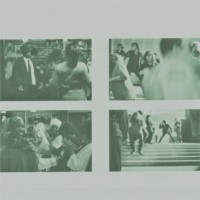
Down at the Bamboo Club: Film, Participation and Re-enactment
Down at the Bamboo Club was organised by Picture This, an artists' film and video commissioning agency in Bristol. The project was an exhibition of artists' video exploring Bristol's cultural histories and ideas of legacy. Contemporary artists worked with community groups to develop films and events…
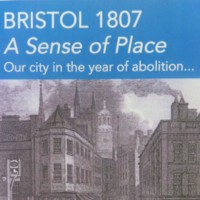
Bristol 1807: A Sense of Place
As part of the Abolition 200 programme, the Bristol 1807 project set out to explore the lives of ordinary Bristolians in 1807. An exhibition in the Central Library, and a series of touring exhibitions in Bristol's libraries and community centres explored society, culture, trade and travel in 19th…
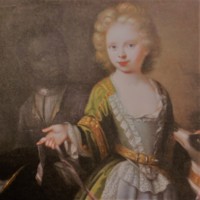
Revealed: Luxury Goods and the Slave Trade
Remembering Slavery 2007 was a regional initiative involving museums, galleries and other cultural organisations across the North East of England in a programme of exhibitions, events, performances, lectures and activities to explore the themes of slavery and abolition.
As part of the…

Liberation Lullabies
The North East Cultural Diversity Arts Forum (NECDAF) is an umbrella organisation for arts and cultural organisations promoting arts practitioners from ethnic minority communities in North East England. Liberation Lullabies was their event to commemorate the Abolition Act at the Tyneside Cinema in…